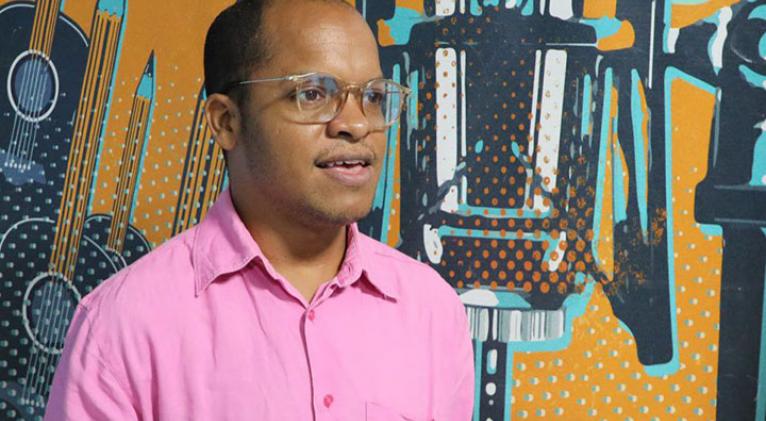Jornada de la Canción Política: A Festival That Defies Time
especiales

Guitars in hand, Cuban singer-songwriters are once again gathering in this city for the Jornada de la Canción Política (Political Song Gathering), an event that, 49 years after its founding, remains a vibrant celebration of Cuba’s rich trova tradition.
Dairon Martínez Tejeda, president of the Hermanos Saíz Association (AHS) in the province, described the event to the Cuban News Agency as vital in defending a cultural heritage that does not age, continuing to serve as a pillar of national identity even amid the country’s current challenges.
The festival was launched in 1975 by Guantánamo native Lorenzo Cisneros (Topete) and other young members of what was then the Brigada Hermanos Saíz. It was created as a tribute to the Cuban Revolution and local martyrs. Over the decades, it has become the oldest AHS-sponsored event and the only one of its kind in the country.
Its stages have hosted iconic figures such as Silvio Rodríguez, Pablo Milanés, Sara González, Eduardo Sosa, and Guantánamo’s own Josué Oliva, among many others committed to defending the trova genre.
Despite current difficulties, the festival still draws singer-songwriters from across the island and features participation from the Cuban Writers and Artists Union, the National Center for Popular Music, and the Cuban Institute of Music.
Martínez Tejeda noted that their involvement is a testament to the collective will to preserve the festival and defend Cuban culture and the homeland.
He described the event as an intellectual and creative endeavor, primarily dedicated to promoting the canción de autor (authorial song), a genre he believes is increasingly rare and challenged by more commercial offerings.
“There is a lot of music being produced in Cuba today, in music videos, concerts, and live programs,” he said, “but unfortunately, much of it is not written by the performers. These songs are not well thought out, they lack intelligence and a commitment to the country’s social reality.”
He clarified that this is not merely a call for patriotic music, but rather for works that reflect Cuban daily life and promote values. “This festival still upholds that commitment,” he added.
In this sense, the Jornada serves as a filter, presenting only the most refined musical creations to the public—those that educate both the ear and the conscience, especially of the younger generations. It remains the only space within AHS that consistently promotes socially engaged songs created by and for young people.
That is why, he emphasized, it is important to introduce audiences to legacies like that of Martha Valdés, known for her exquisite lyrics and unique compositional style, and Eduardo Sosa, who championed songs rooted in the land, the defense of Cuba’s eastern region, and the values of his native province.
Songs such as A mí me gusta, compay represent generations who, despite adversity, remain deeply in love with their homeland, he said. He also stressed that, when combined with other artistic disciplines such as theater and visual arts—also being featured this year—the festival’s offerings become even more appealing to young audiences.
The Jornada de la Canción Política is one of the few remaining festivals worldwide dedicated to politically and socially engaged music. Nearly five decades on, it continues to evolve without losing its essence. For that reason, Martínez Tejeda concluded, it deserves to endure as both a national treasure and an international point of reference.














Add new comment